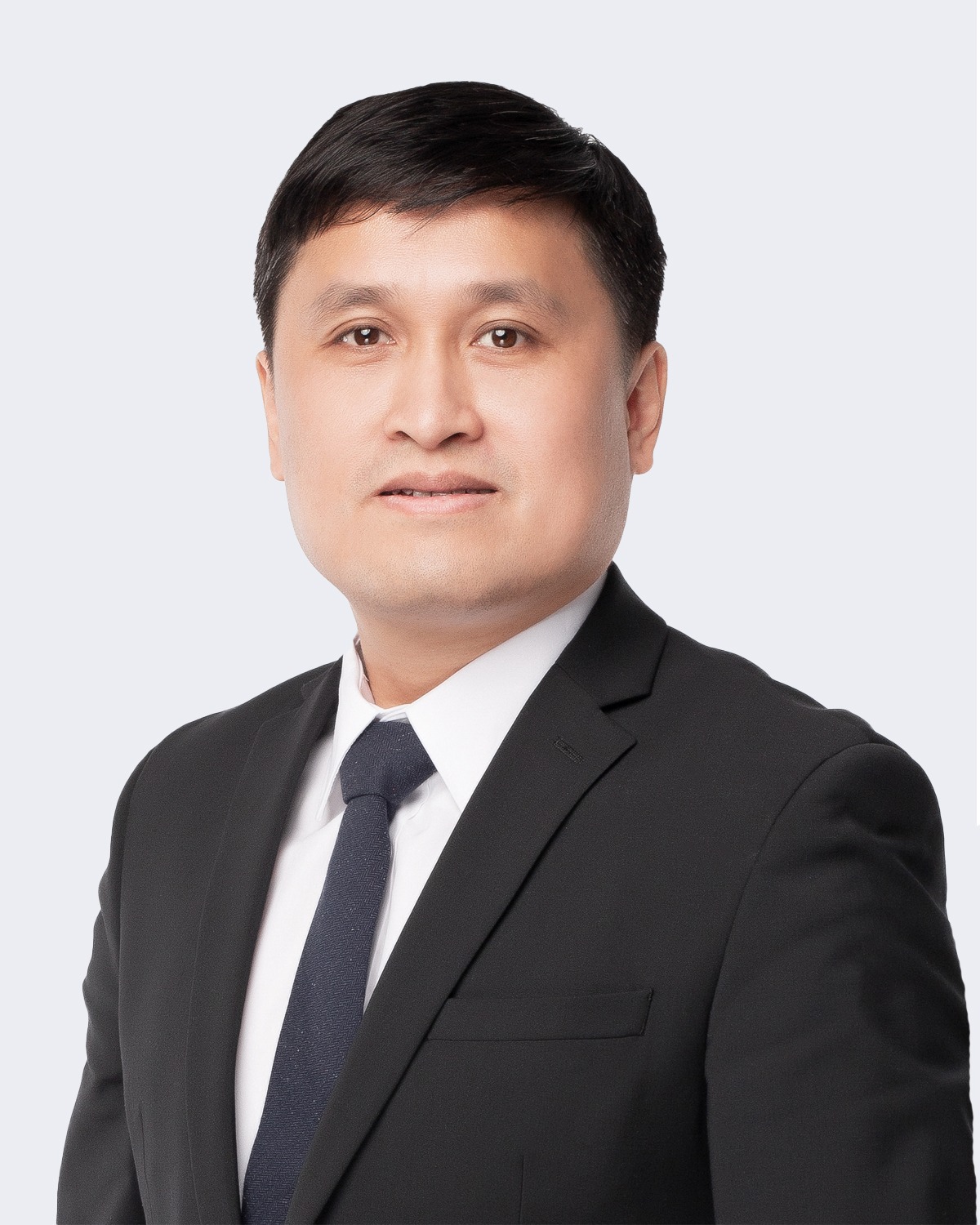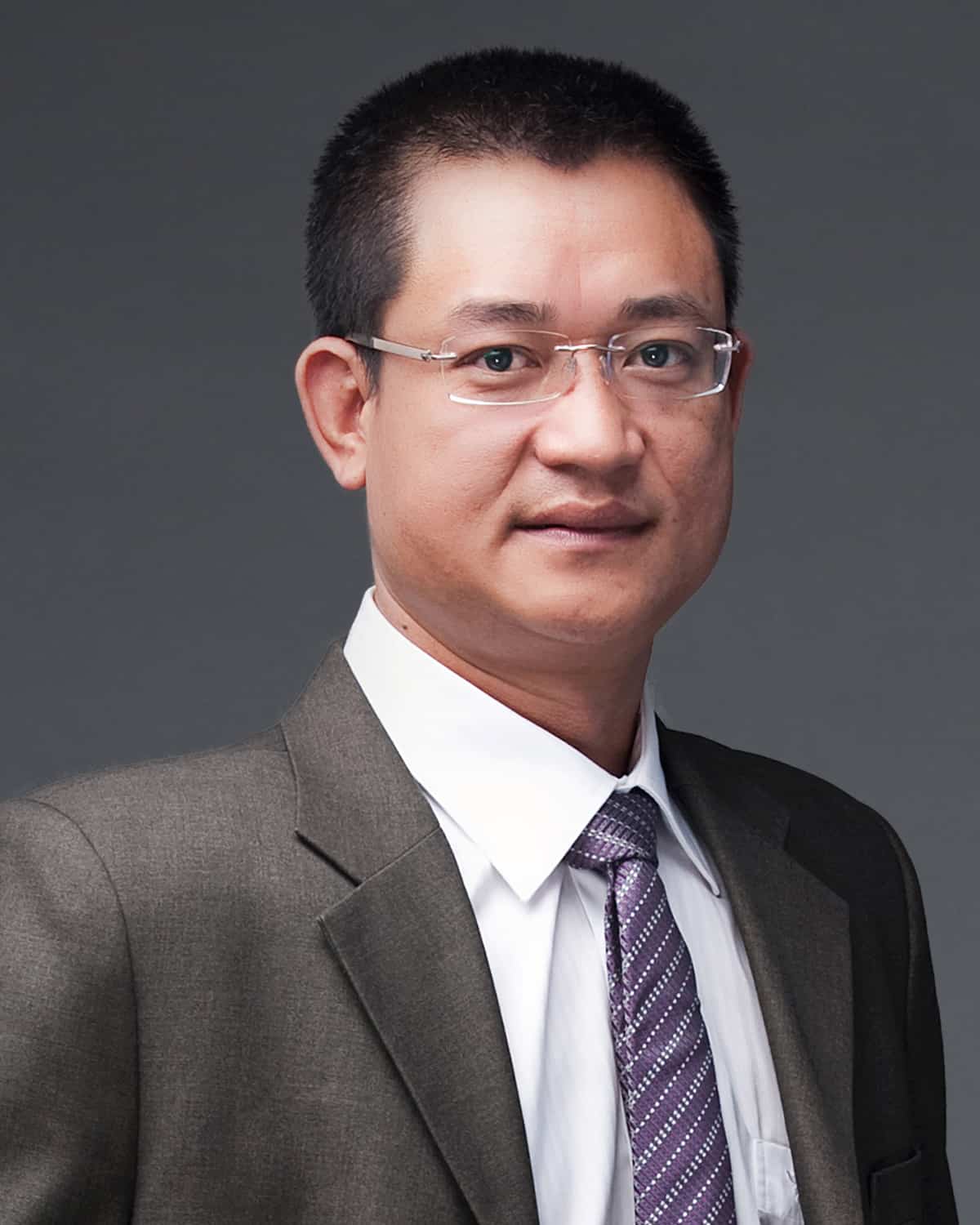
Vietnamese software programmers have developed a strong reputation worldwide, and the government considers the software industry to be very important. As a result, this industry is booming. However, more effective intellectual property protection in the software sector is necessary to encourage further foreign investment, and to promote innovation.
Vietnam’s Law on Intellectual Property excludes computer programs from patent protection as inventions. Under Article 59 of the Intellectual Property Law, computer programs are listed—with things like discoveries, scientific theories, business methods, and methods of treatment—as types of subject matter that are expressly not eligible for patent protection. Instead, computer programs are covered by the Copyright Law, where enforcement in Vietnam is known to be weak.
Within the patent system, however, there are still avenues for protecting computer programs. While a computer program itself, in the form of code, cannot be patented, the Vietnamese Guidelines for patent examination provide for the concept of “computer-implemented inventions.” A computer-implemented invention is an invention involving the use of computers, computer networks, or other programmable apparatus whereby prima facie one or more of the features of the claimed invention are realized wholly or partly by means of a program or programs. This invention could be patentable if it has “a technical character, and is a technical solution for solving a technical problem by technical means to attain a technical effect.”
In the Guidelines, more attention is paid to “technical effect” than to “technical character” or “technical solution.” It is important to note that a computer program, when running on a computer, must provide a “further technical effect” going beyond normal physical interactions (such as electrical currents) between the program and the computer. A further technical effect may be found, for example, in the control of an industrial process, in the processing of data which represent physical entities, or in the internal functioning of the computer itself or its interfaces under the influence of the program and could, for example, affect the efficiency or security of a process.
Another issue worth noting is Vietnamese practice regarding the patent claim format for computer-implemented inventions. The IP Law defines an invention as a “technical solution in the form of a product or a process.” In practice, patent examiners usually interpret a product to be a tangible product, that is, something that can be held, touched, or seen. As a result, the designation of subject-matter of a claim must be a tangible product or a process.
Accordingly, for a computer-implemented invention, designations such as “computer program,” “computer software,” “signal-carrying program,” or “signal structure” are not acceptable, as these are intangible. Alternative designations such as “computer program product” or “software product” are similarly not permissible. Patent applications filed in Vietnam with these claim formats generally result in a rejection.
The formats below provide an example of some claims which would not be acceptable in Vietnam:
- “A computer program which, when run on a computer, causes the computer to implement a method…”
- “A computer program product comprising a non-transitory computer-readable medium comprising computer program instructions…”
- “A video signal representative of a program…”
Patent experts do, however, have an alternative. In general, a designation like “computer program” could be converted into a designation like “storage medium containing computer program” and be approved. Acceptable designations include, for example, “computer-readable medium,” “storage medium,” “method of operating a data processing system,” or “apparatus for data processing.” Optionally, but preferably, a general statement like “embodiments described herein may be realized in various forms, for example, as a computer-implemented method, as a computer-readable medium” should be added to the original disclosure of all computer-implemented inventions to support any possible conversion.
As a result, the unacceptable claims listed above could be converted into acceptable formats as follows:
- “A computer-readable medium having stored thereon a computer program which, when run on a computer, causes the computer to implement a method…”
- “A
computer program product comprising anon-transitory computer-readable medium comprising computer program instructions…” - “A storage medium containing a video signal representative of a program…”
Thus, despite the challenges posed by formality requirements under the current patent system, it is possible to obtain patent protection for computer programs—as computer-implemented inventions—with a clear understanding of the current practice.
As a motivation for filing computer-implemented inventions, patent enforcement in Vietnam is improving, with administrative court actions on the rise in the pharmaceutical, agrochemical, and medical device sectors, with foreign rights holders typically winning their cases. The number of patent enforcement cases in the telecommunication and software fields is expected to rise as well, and patent filing in these fields accounts for a substantial, and growing, percentage of all applications.


